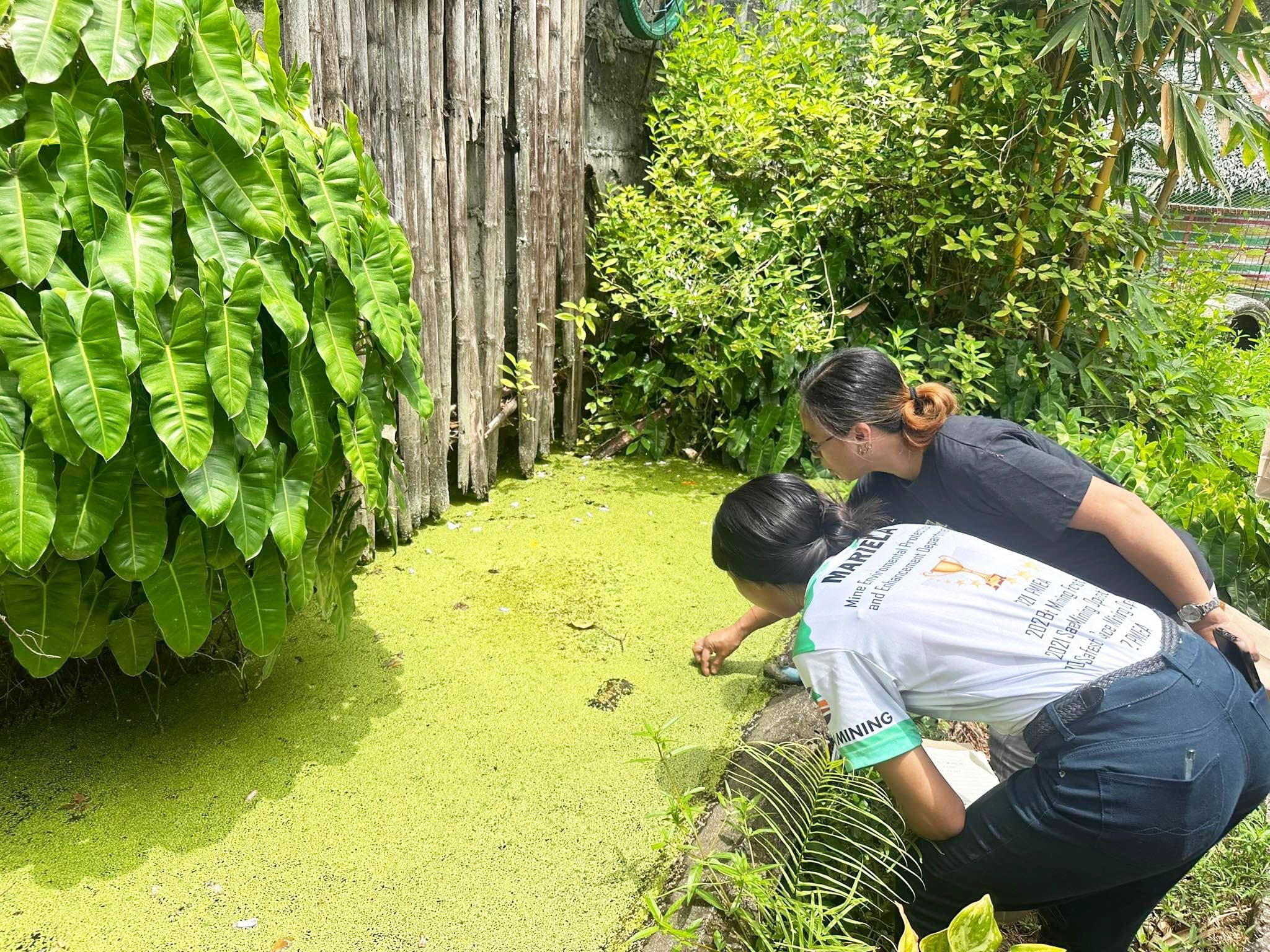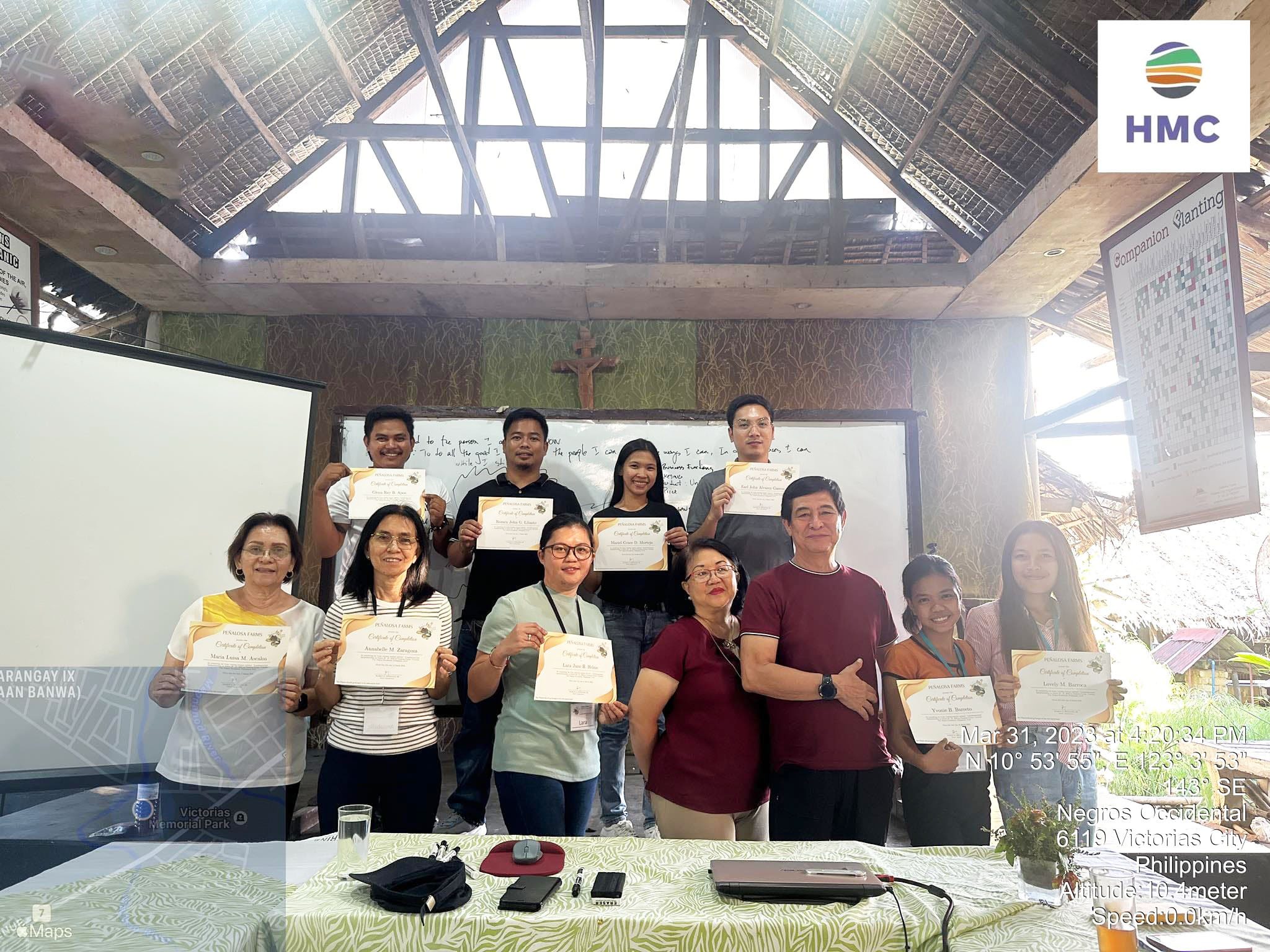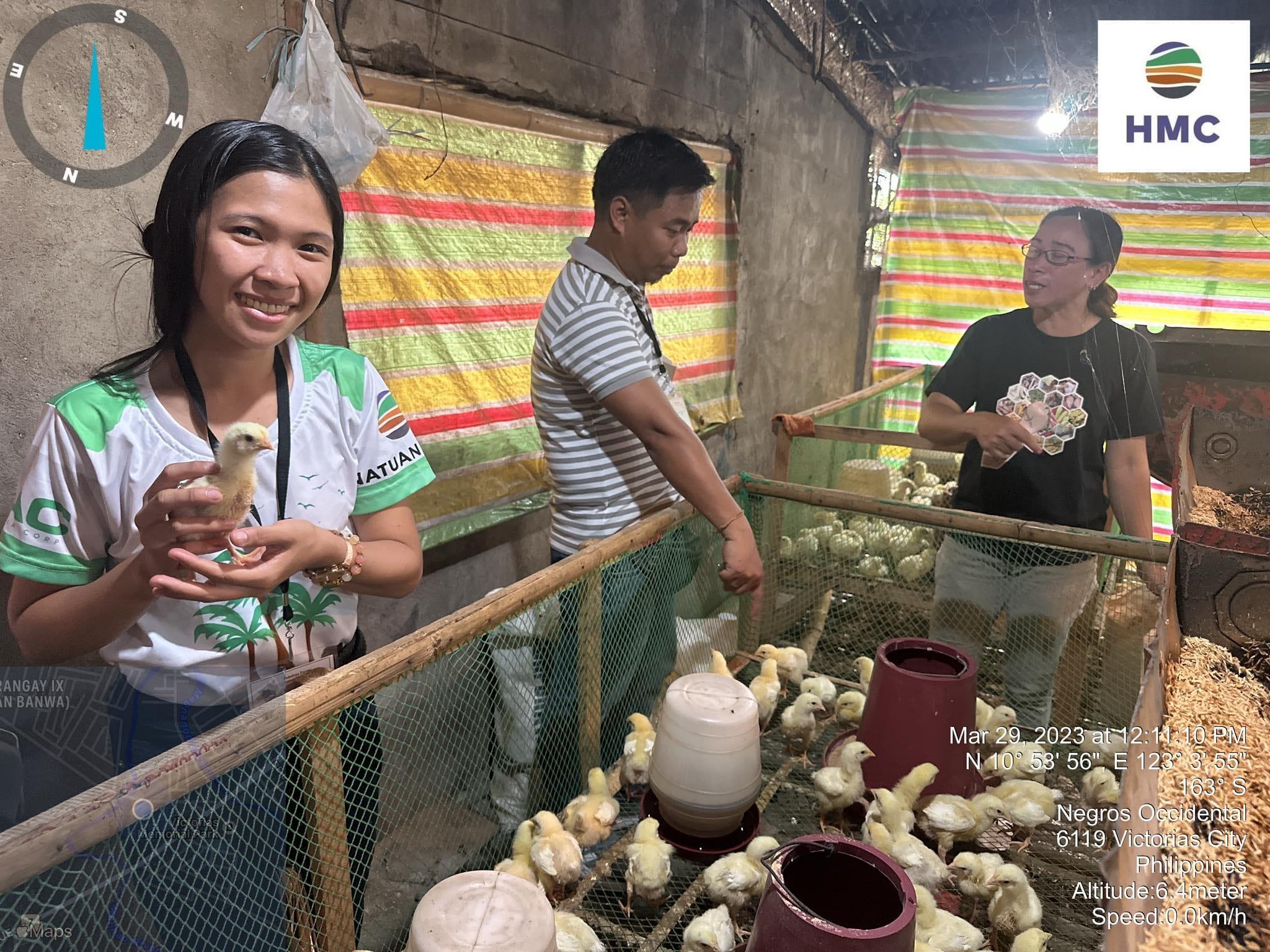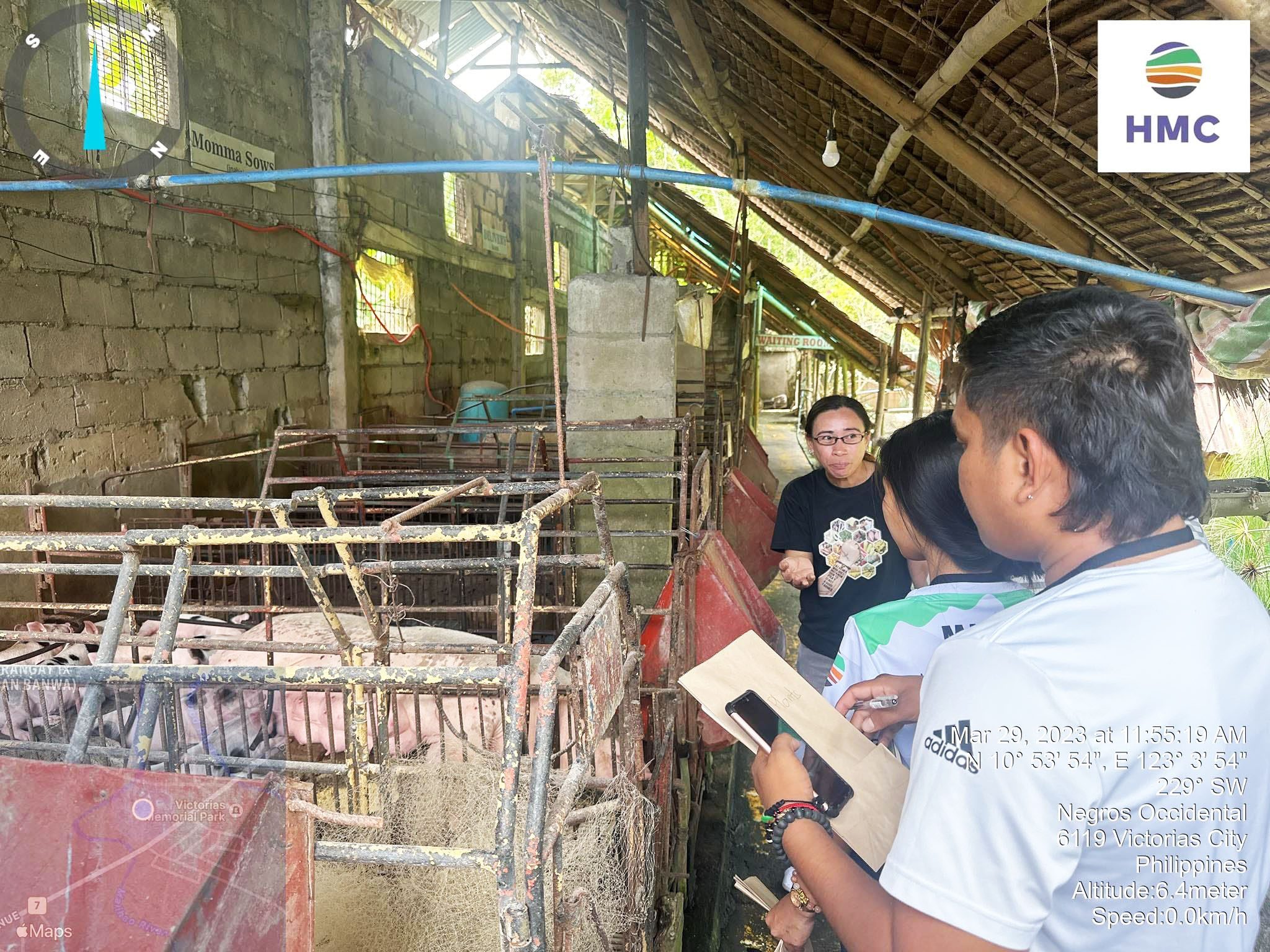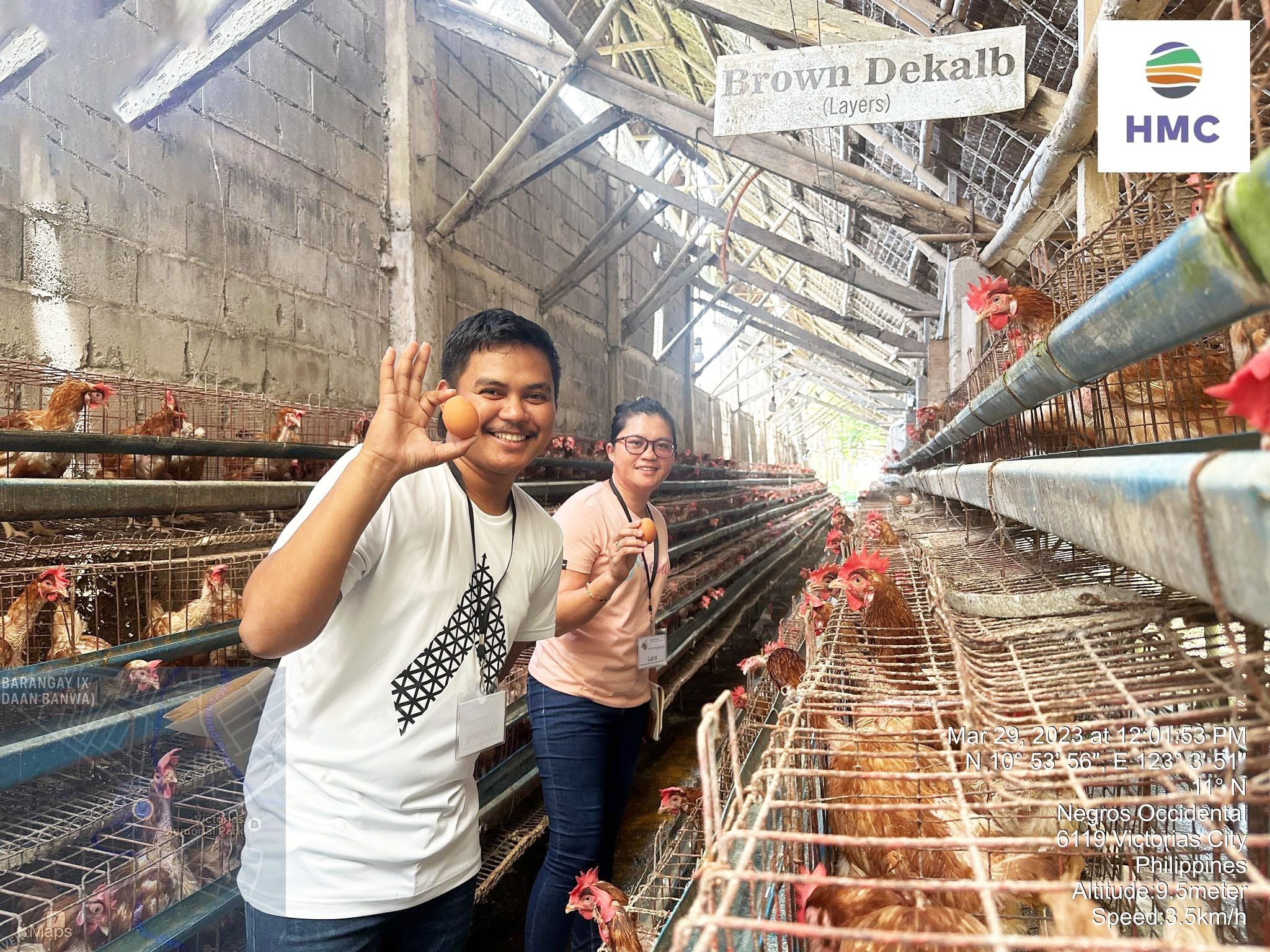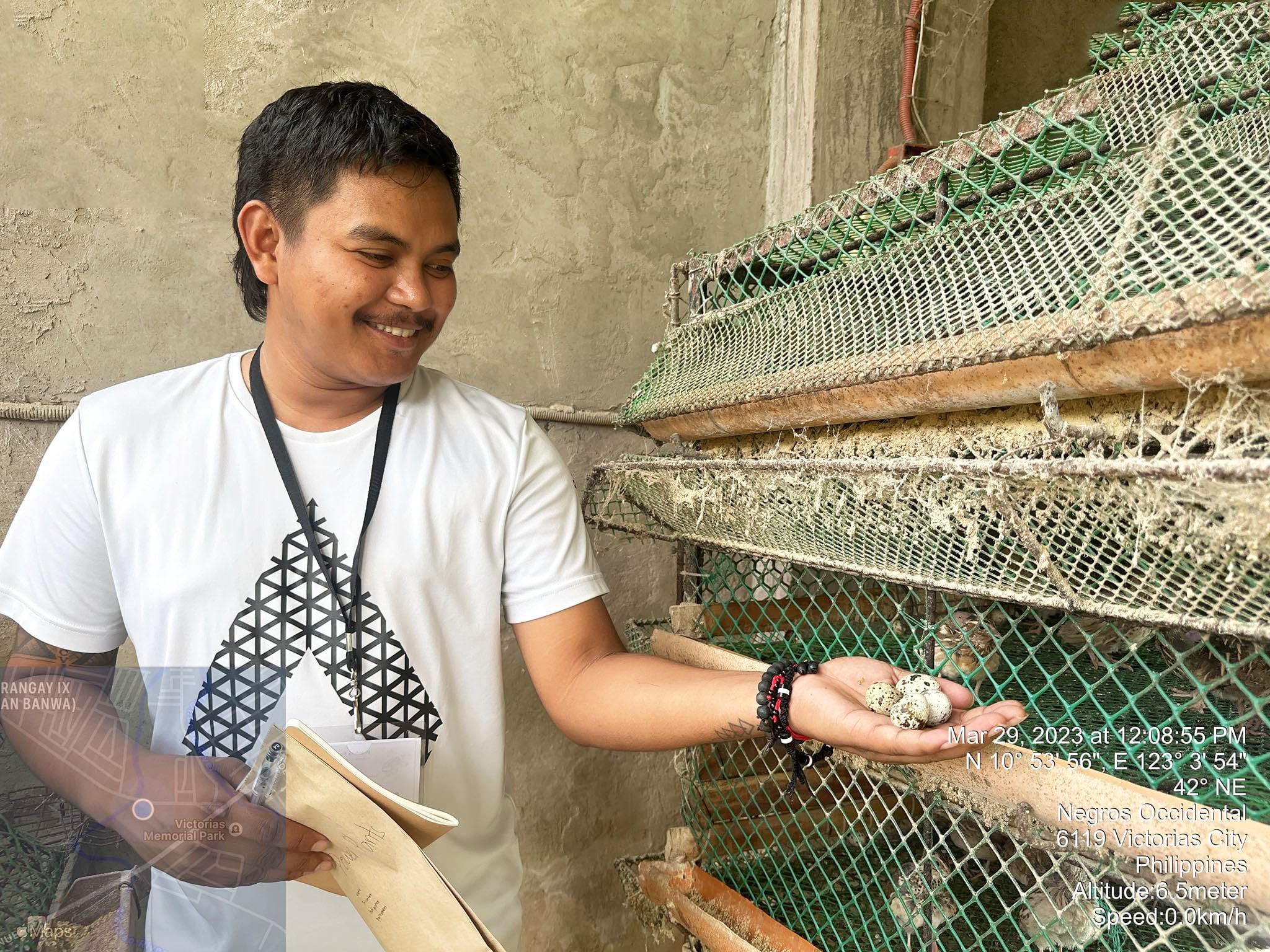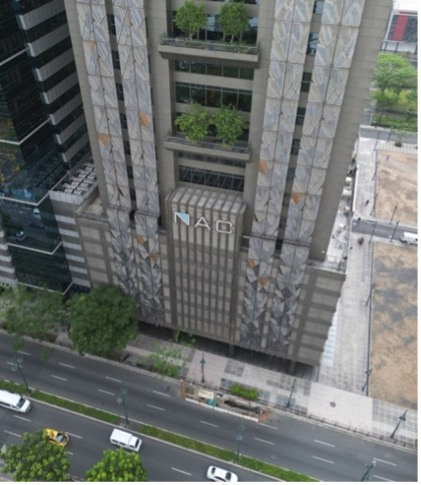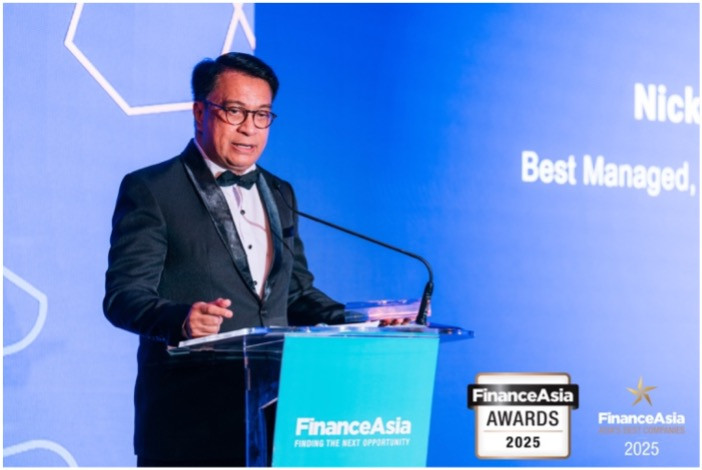To help employees enhance their knowledge and skills, employees from Hinatuan Mining Corp. (HMC) were sent to a transformational agripreneurship training in Peñalosa Farms, Victorias City in Negros Occidental.
To help employees enhance their knowledge and skills, employees from Hinatuan Mining Corp. (HMC) were sent to a transformational agripreneurship training in Peñalosa Farms, Victorias City in Negros Occidental.
In turn, employees from the Mine Environmental Protection and Enhancement Department (MEPED) and Community Relations (ComRel) who were part of the trip are expected to apply what they have learned from the training when they get back to their respective departments.
On the first day of the training, participants learned about the basic foundations of agriculture and agripreneurship, as well as the informational strategies of integrated farming system.
Agripreneurship refers to entrepreneurship in agriculture that can help farmers improve how their market their produce and in turn help increase their profits. It can also help generate new revenue streams by providing new employment.
The second day of the training covers practical application of the topics discussed through sowing, pricking out, planting, and formulating probiotics for high-quality and healthy organic plants.
Additional information was also provided on how to create effective soil, appropriate fertilizers, vermicomposting, plant hormones and growth, deficiency of micro-organisms of plants, and organic bio-control insecticide.
“I learned how to produce our very own farm inputs which include: crop-specific fertilizers, indigenous plant hormones, probiotics and pest-specific pesticides,” said forester Earl John A. Gascon.
Mariel Grace D. Mortejo, Envi Technician, also gained additional knowledge during the second day of the training.
“I learned how to produce our own crop-specific fertilizer, indigenous plant hormones, probiotics for animals and plants, and to produce our own pest-specific pesticides. The training also provided information in identifying plants that are known for their bioremediation, herbal, culinary and botanical properties,” she said.
On the last day of training, the lecture centered on farm tourism and the strategies of agripreneurship. Sustainable farming, which aims to be organic, natural, diversified, and integrated, was also discussed.
Ramon Peñalosa, founder of Peñalosa Farms, also reiterated his belief in their advocacy on the third day of the training that “no Filipino should go hungry in his own native land.”
For Romen John G. Libaste, ComRel Supervisor, “agripreneurship is the heart and soul of the business that covers both integrated and organic farming.”
“I have also learned that there are livelihood activities that can be replicated in our host communities such as broiler production, egg production, swine production, and also vegetables plantation,” he added.
As for Gascon, he said that the training taught him “how to become an agripreneur in terms of the respective character, skill and values set, know the basic principles of agritecture and farm tourism, [learn] additional in-depth knowledge in integrated farming system, and also preparing our very own project proposal.”
Mortejo said she learned that organic farming allows for vertical planting, so space is not an issue.
For Glenn Ray B. Apos, mine rehabilitation officer, the training along with the people he shared the experience with is among the most memorable for him.
He was also thankful to the HMC management for selecting him as one of the participants in the training.
“Thank you to HMC for the chance and to the Penalosa Farm staff for inspiring every single participant throughout the program,” he said.
Each of the HMC training participants had gained substantial knowledge and information that will help them in their respective fields.
“The knowledge I learned is very useful in terms of my work, as I can share it [with] some people especially to those people working on the ground. I will share them my knowledge on how to produce indigenous pesticide, bio-fertilizers and probiotics, “ said Mortejo.
Apos also shared the same sentiment as Mortejo, adding: “I will use the skills I've developed by exchanging ideas, working through problems, and doing experiments in my area of competence.”
“I know that the knowledge and skill set learned here is useful most especially in my line of work which is ecotourism and landscaping development,” said Gascon.
“Likewise, the formulation of indigenous pesticides, fertilizers and probiotics can help towards our Sustainable Development Goals (SDG), promote our Environment, Social, and Governance (ESG) initiatives, and save costs in the maintenance of the rehabilitated and reforested areas. Further, as the company gears towards its Final Mine Rehabilitation and Decommissioning Plan (FMRDP) stage, these can help in promoting sustainable and integrated farming practices after the cessation of mine operation,” he added.
As a member of ComRel, Libaste also shared his own learning and how it can help him perform his task in developing HMC’s host communities.
“As a ComRel Supervisor assigned in the implementation of Social Development and Management Program (SDMP) Livelihood Projects, I can share my learning in planning and formulating what are the livelihood projects that can be suitable in the community with respect to the integrated and organic farming discussed during the seminar,” he said.

